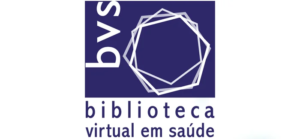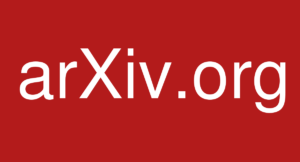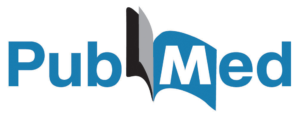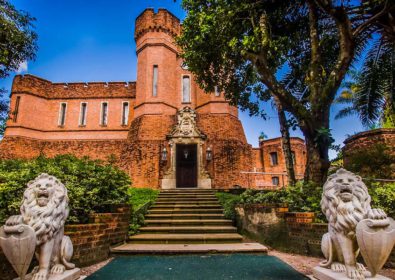Databases are platforms - reliable sites that will provide documents with high scientific content to be used in your work.
By Plagium TeamMuseum
Databases: where to find reliable documents to use in the TCC
Simply put, it's as if you searched for your topic on google, but google would take you to several random sites without scientific proof. It's as if the databases filter and only show you articles, books, manuals... scientific documents for you to use.
Below, I will show you a list of options for you to look for references:
1. Google Scholar
Certainly the best known of all, it is a version of google for the academic world and the world of research, including all areas.

Official Website: https://scholar.google.com
2. Scielo
Brazil Scientific Electronic Library Online - is a database that includes all areas.

Official Website: https://www.scielo.br/
3. Virtual Health Library
The VHL is a library that brings together several databases, so when searching in it, it is as if you were searching in several at the same time (the databases that appear are indicated in the left corner of the screen), it is turned for research in the health area, but also ends up including studies focused on other areas.

Official Website: https://brasil.bvs.br/
4. CAPES Journals Portal
Database linked to the Ministry of Education and includes all areas.

Official Website: https://www-periodicos-capes-gov-br.ezl.periodicos.capes.gov.br/
5. Eric - Institute of Education Sciences
Base produced by the US Department of Education and its focus is on education.

Official Website: https://eric.ed.gov/
6. ArXiv
Base focused on research in the areas of physics, mathematics, computing, finance and engineering.

Official Website: https://arxiv.org/
7. LexML
Database focused on research and documents for the area of law.
Official Website: https://www.lexml.gov.br/

8. PUBMED/MEDLINE
PubMed Central and the "Medical Literature Analysis and Retrieval System Online" are databases focused on the health area, but also have studies from other areas.
Official Website: https://pubmed.ncbi.nlm.nih.gov/

There are several bases, these are just a few examples.
It is important to consider that in addition to the bases, you can search for works in the universities' repositories, that is, the theses, monographs and dissertations of the students that are available.
ABOUT THE AUTHOR

Geovanna Caldas
I am a Nurse, specialized in Family Health and with experience in teaching. I currently live in the city of Natal, in Rio Grande do Norte, but I come from the interior of Ceara. I undertake and own @pesquiseiconsultoria, I help students in the world of scientific research, making it easier to write tcc, monographs, theses... and to be able to publish their work.
Related Posts
Mar 30, 2019 Museum
The 10 best museums in Brazil
Recent posts
- How to detect plagiarism in group and collaborative work?
- How does Plagium compare to other plagiarism detection tools?
- The ethics of plagiarism: why is originality important?
- The limitations of plagiarism detection tools and the importance of manual review
- The importance of originality in academic texts and works





